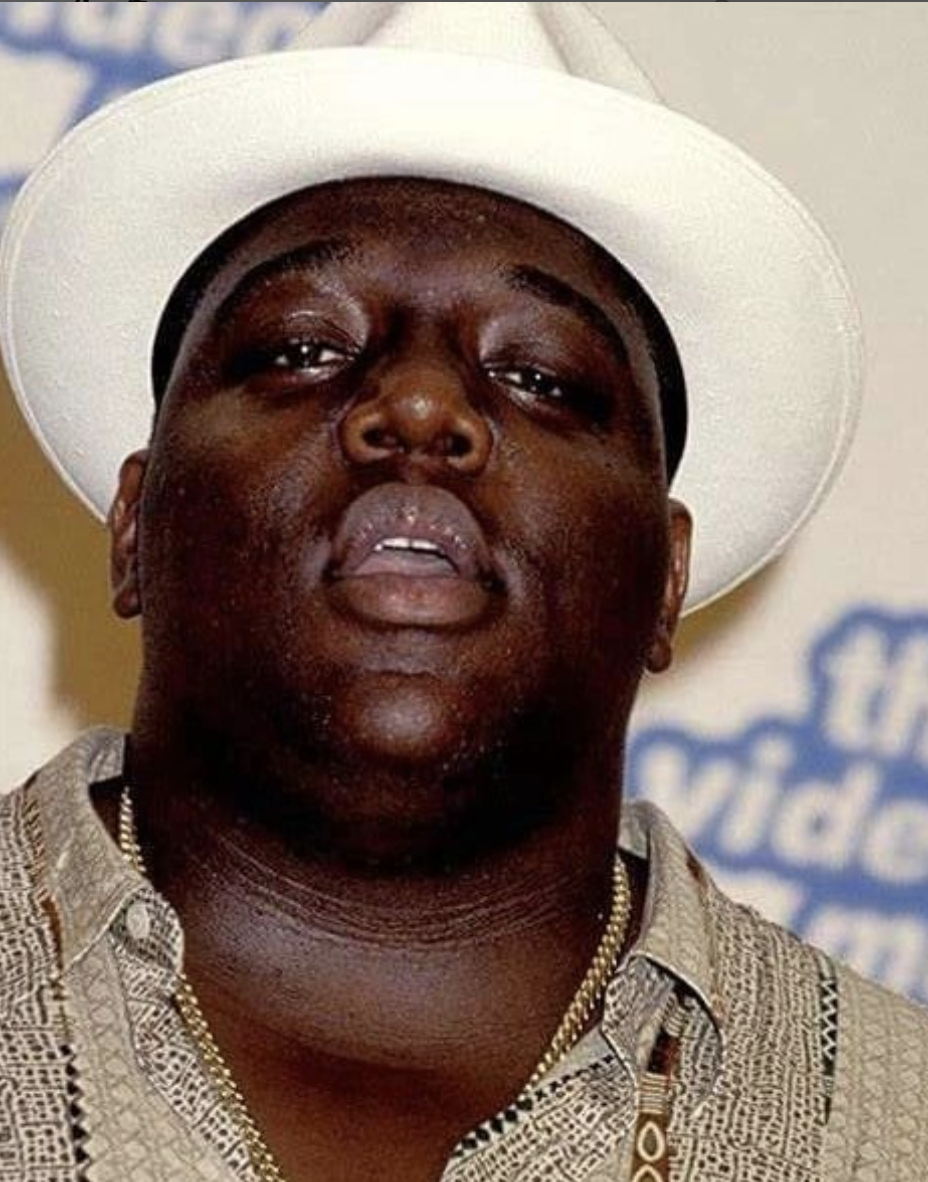Christopher George Latore Wallace (May 21, 1972 – March 9, 1997), better known by his stage names the Notorious B.I.G., Biggie Smalls, or simply Biggie, was an American rapper and songwriter. Rooted in the New York rap scene and gangsta rap traditions, he is widely considered one of the greatest rappers of all time. Wallace became known for his distinctive laidback lyrical delivery, offsetting the lyrics’ often grim content. His music was often semi-autobiographical, telling of hardship and criminality, but also of debauchery and celebration.
Born and raised in Brooklyn, New York City, Wallace signed to Sean “Puffy” Combs’ label Bad Boy Records as it launched in 1993, and gained exposure through features on several other artists’ singles that year. His debut album Ready to Die (1994) was met with widespread critical acclaim, and included his signature songs “Juicy” and “Big Poppa”. The album made him the central figure in East Coast hip hop, and restored New York’s visibility at a time when the West Coast hip hop scene was dominating hip hop music. Wallace was awarded the 1995 Billboard Music Awards’ Rapper of the Year. The following year, he led his protégé group Junior M.A.F.I.A., a team of himself and longtime friends, including Lil’ Kim, to chart success.
During 1996, while recording his second album, Wallace became ensnarled in the escalating East Coast–West Coast hip hop feud. Following Tupac Shakur’s death in a drive-by shooting in Las Vegas in September 1996, speculations of involvement in Shakur’s murder by criminal elements orbiting the Bad Boy circle circulated as a result of Wallace’s public feud with Shakur. On March 9, 1997, while visiting Los Angeles, Wallace was murdered in a drive-by shooting. The assailant remains unidentified. Wallace’s second album Life After Death, a double album, was released two weeks later. It reached number one on the Billboard 200, and eventually achieved a Diamond certification in the US.
Written by Dianne Washington

